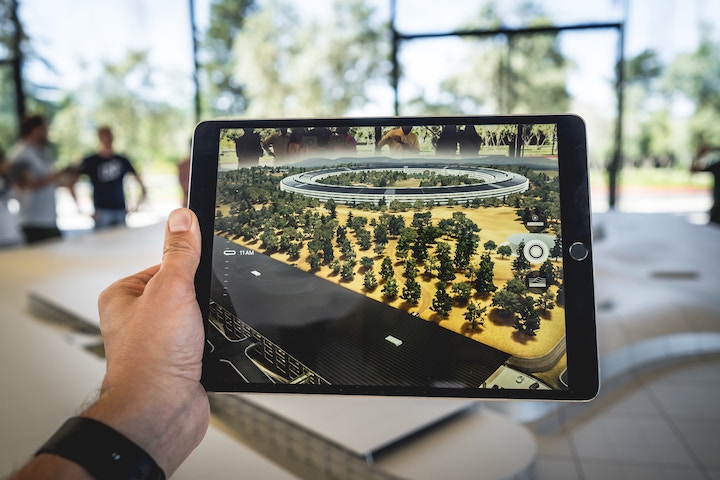Augmented reality (AR) has swept the world by storm in recent years, especially with the launch of Pokémon Go in 2016. Savvy retailers and brands have adopted the technology to further plant it into society’s collective consciousness.
For starters, let us clarify what exactly AR is. Augmented reality sounds similar to virtual reality (VR), but there are key distinctions between the two. Virtual reality usually requires the use of a headset to completely cover your field of vision and replace it with an immersive experience. On the other hand, augmented reality enhances one’s field of vision with added elements and is usually accessible through a smartphone. Examples of popular augmented reality experiences at the moment include the aforementioned Pokémon Go, Snapchat filters, and Google Lens.
In retail, AR offers consumers the chance to preview offerings before committing to the purchase. For instance, Ikea’s app lets customers see if a piece of furniture is a good fit in the living space, allowing them to see the piece in three dimensions and manipulating it as they see fit without breaking a sweat. It begs the question, however, how will this technology impact commercial real estate?
In commercial real estate, the AR boom offers many possibilities to capitalize on the global phenomenon. It is important for commercial real estate to follow in the footsteps of retailers and take advantage of trends; Pokémon Go has helped to increase foot traffic for some businesses. Advertising opportunities abound with AR ad-spending predicted to grow by 10-25 percent by the end of 2019. Conversion rates can reach up to 80 percent through AR advertising, and brands like Facebook are already putting this to the test. High traffic areas filled with advertising space and eager shoppers have the potential of tapping into the revenue stream that AR can provide.
At the same time, new opportunities come with risks involved. Prominent buildings make for attractive advertising sites because of the exposure, and this same thing makes them a target for people looking to capitalize on them. The commercial real estate industry must safeguard properties against unwanted AR use and can build in a set of AR rights into leases and license agreements.
While augmented reality has already grown to be popular among brands, its potential in the commercial real estate industry has yet to be fulfilled.

